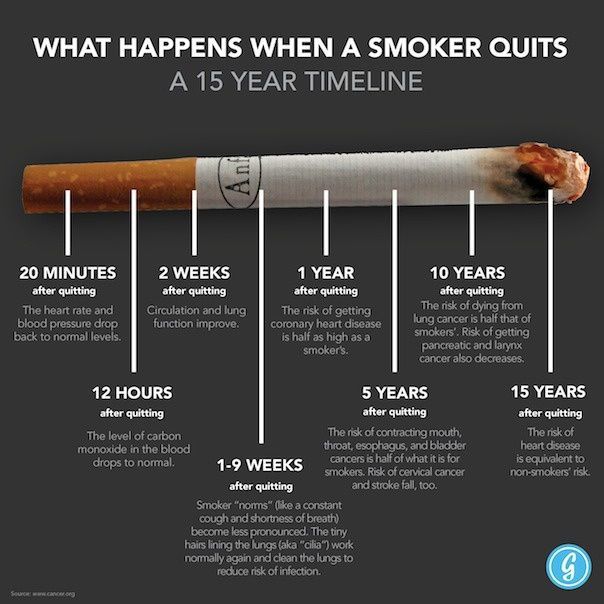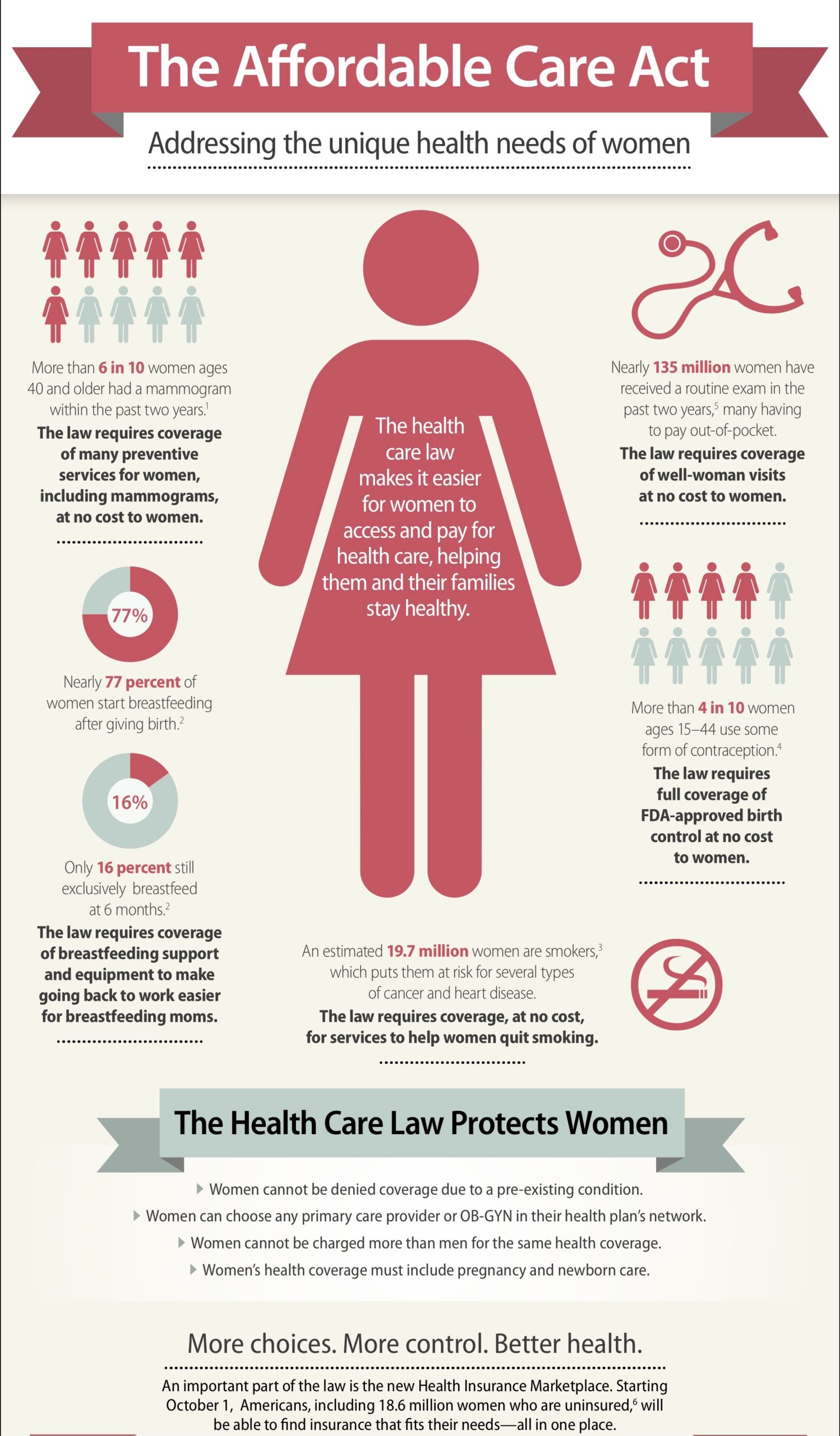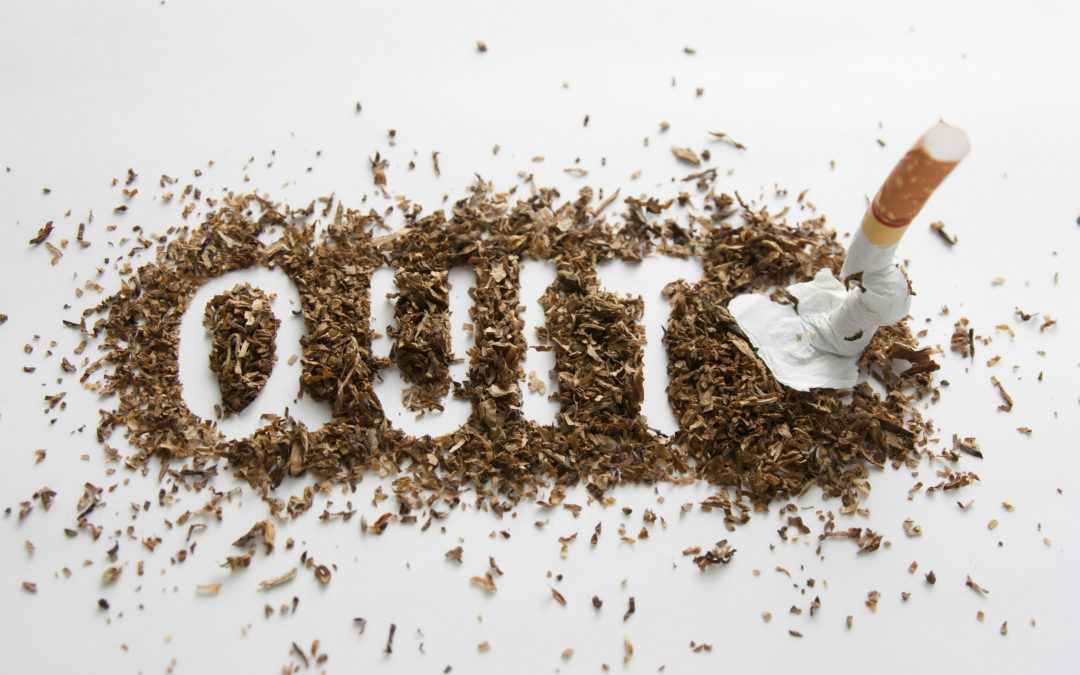
In the last 50 years, a female’s risk of dying from smoking more than tripled. My question, you know, smoking kills you! Ladies, why are you still a smoker?
In my first pharmaceutical sales job back in the late 1980s, I sold smoking cessation products, the patch, and gum. Even back then, staggering statistics for female addiction to smoking.
Perhaps it was the tobacco company’s line of slim cigarettes in pastel colors to appeal to women during the 60s and 70s. The implication is that smoking could keep girls and women thin. Smoking does suppress your appetite.
Nearly 20 million women and girls in the United States smoke cigarettes. Smoking puts you at risk for
Heart disease
Strokes
Lung Cancer
Emphysema
And chronic illnesses such as Diabetes.
Who remembers the groundbreaking anti-smoking Public Service Announcements (PSA) by the American Cancer Society? The PSA was prompted by a report by the then Surgeon General Report connecting smoking to lung cancer and heart disease.
I distinctly recall the seven warning signs of cancer from smoking that spell out the acronym CAUTION:
Change in bowel or bladder habits
A sore that does not heal
Unusual bleeding or discharge
Thickening or lump in the breast or elsewhere
Indigestion or swallowing difficulty
Apparent changes in warts or moles
Nagging cough or horseness
According to the Centers for Disease Control and Prevention (CDC), cigarette smoking is the number one risk factor for developing lung cancer. Linked to 90% of lung deaths, 40% of all diagnosed cancers, and 20% of all deaths in the United States.

Do know there is hope. Read below what happens when a smoker quits. Then, you must make up your mind to stop smoking. By now, it is a known fact that smoking is an addiction, and a behavior modification program is a must to be successful.

I’ve mentioned before about the unique preventive health benefits for women under The Affordable Care Act, not just breast cancer screening coverage but also smoking cessation.
The US Surgeon General has said, “Smoking cessation [stopping smoking] represents the single most important step that smokers can take to enhance the length and quality of their lives.” Quitting is hard, but you can increase your chances of success with help.
Resources to help you quit being a smoker:
You can participate in the annual Great American Smokeout this Thursday, November 19
To learn about the available tools, call the American Cancer Society at 1.800.227.2345
National Quit Line 1.800.QUIT.NOW
Join MyQuit – email support group
Chantix – prescription needed.
Nicoderm CQ – Nicotine patch
Nicorette – Nicotine gum
Long-time smokers generally get some form of COPD (Chronic obstructive pulmonary disease) that could lead to respiratory failure (needing an oxygen tank) or lung cancer.
You know smoking kills you! Ladies, why are you still a smoker? Just do it! Quit!
As always, thank you for visiting. The pandemic is still looming large, so don’t get weary, wear your mask, and maintain social distance.









